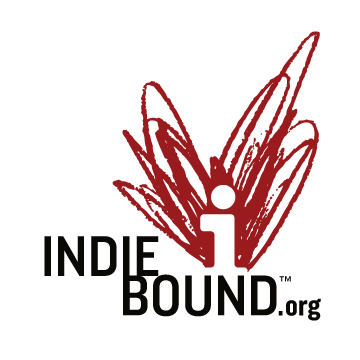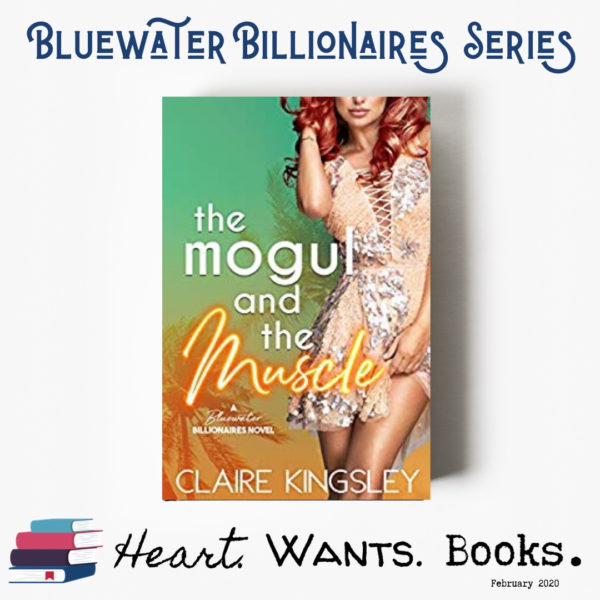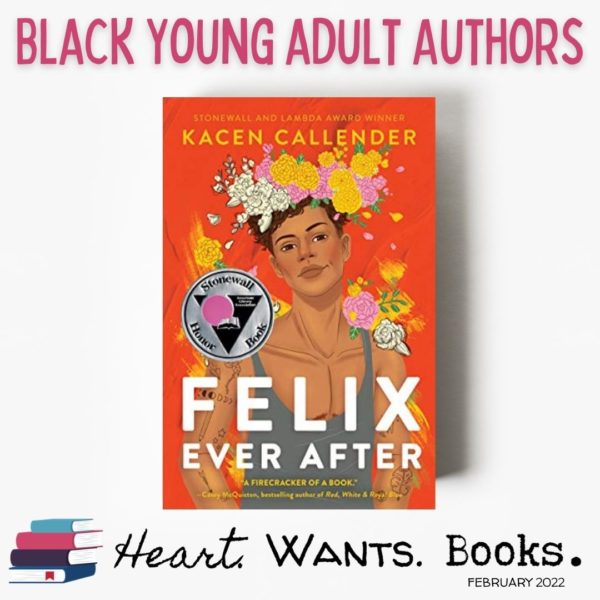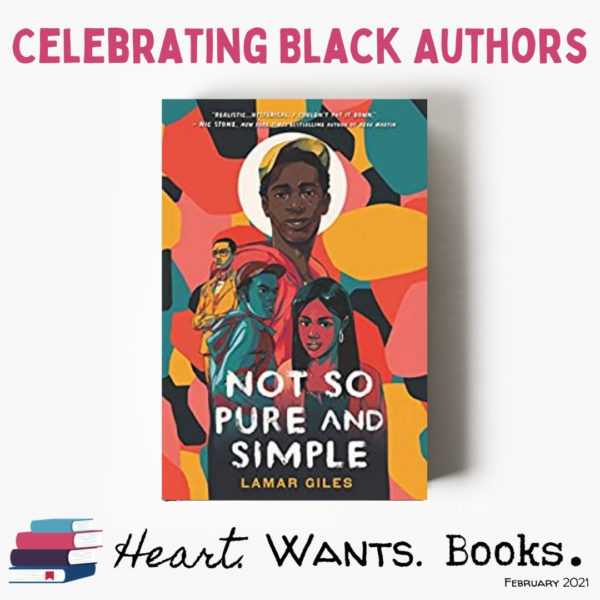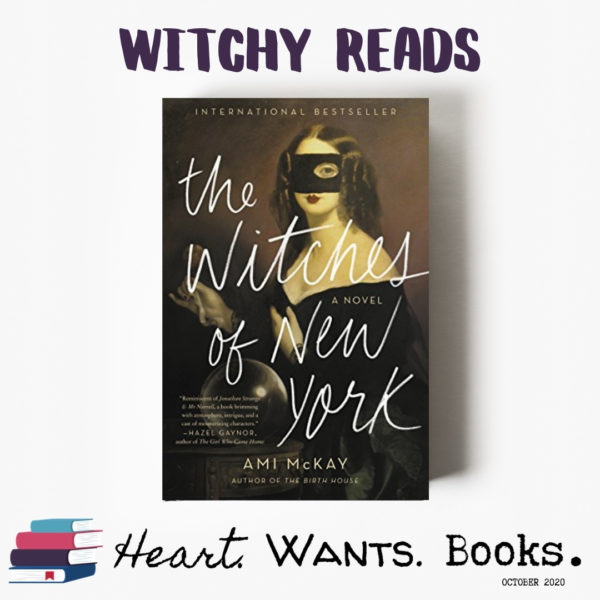Re Jane by Patricia Park January 28, 2021

The following post includes affiliate links. More details here. As you’re doing your Amazon shopping, we’d be ever so grateful if you’d use our affiliate link to do so as it helps pay the bills around here!
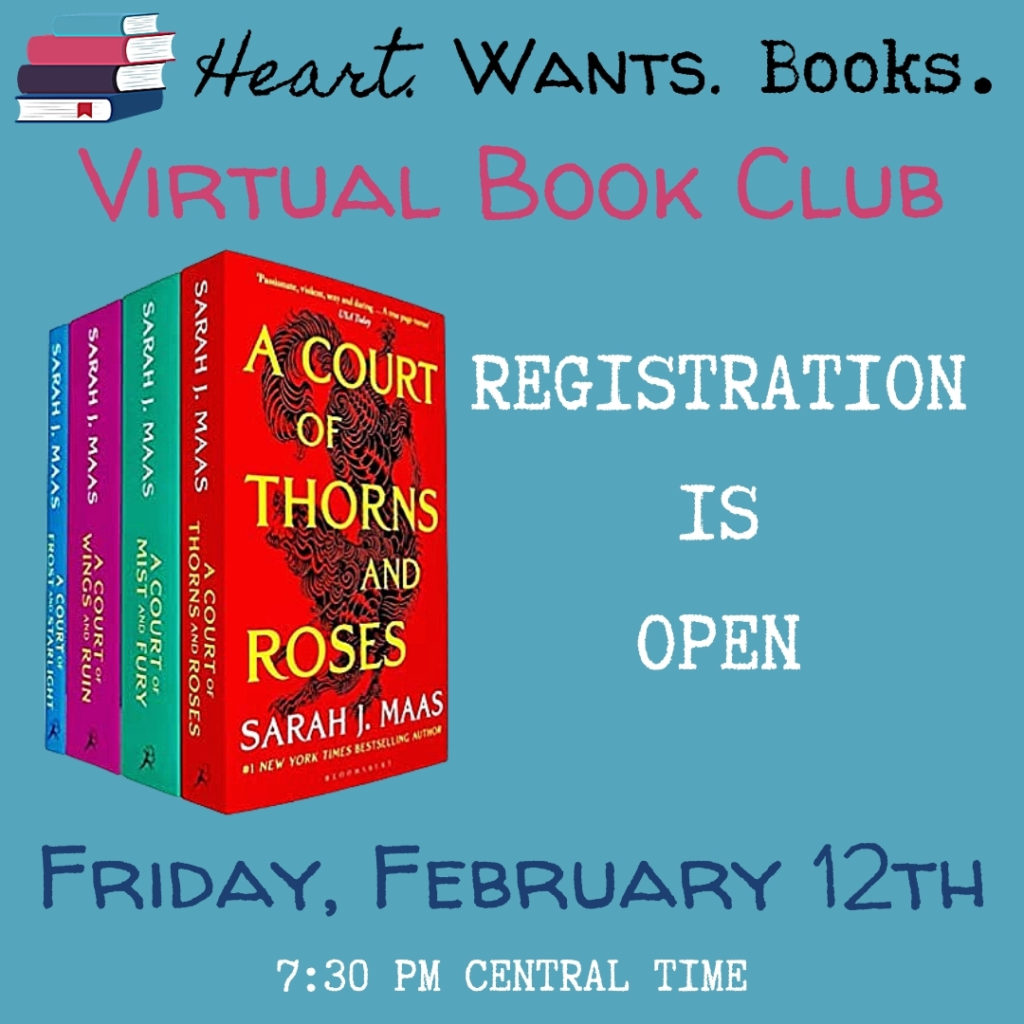
As we’ve been digging into the story of Jane Eyre this month, I’ve been hanging out in my feels about family of all kinds, blood and found, seasonal and lasting. Jane, and Bertha too, have an adventure with family, ups and downs included, and so does Feyre darling. She’s both the savior and the black sheep, so she doesn’t know where she fits in her family, and then in the world. Sign up here to join us Friday, February 12 at 7:30 p.m. CST for an evening of spoilers and conversation about Feyre and all of her family as we discuss Sarah J. Maas’s A Court of Thorns and Roses series. We might even hazard some predictions about the combination of Feyre’s found and blood families as the tale continues in A Court of Silver Flames in a few short, yet oh so long, weeks.
If you’re looking for a book that might leave you with more than a desire to have a life of reading and workouts, join us Friday, March 26 at 7:30 p.m. when we’ll discuss blog favorite Anne Bogel’s latest book – Don’t Overthink It: Make Easier Decisions, Stop Second-Guessing, and Bring More Joy To Your Life, AND (as of this writing) is STILL on sale! Registration to come.
Speaking of different types of families, oh dear readers, Re Jane by Patricia Park is the book I didn’t know I needed this month! It’s the book we almost didn’t read, but thanks to our documented goal of including diverse authors and characters, and making an effort to stick with it, we did, and Reader, I loved it!
I want to talk about what Re Jane is and is not because I read some reviews and it seems like readers either love or hate this book. Published in 2016, Re Jane is a modern re-imagining of the story of Jane Eyre. In this book, Park considers the coming of age of darling Jane with the lens of a modern, half-Korean woman who lives in New York City. Does Park seek to mirror the events of the classic? More or less, but not identically like Sarah Shoemaker does in Mr. Rochester. Park has taken the spirit of the original and overlaid the concept of her Jane over it. There are pieces of the original that don’t translate well to modern New York, like escaping over the moors and begging at a stranger’s door, a stranger who happens to be your cousin, and Park has an answer and it works perfectly with her story. I could have read this without the context of the original, and I would have found it a delightful story of insight into life in New York City and Korean culture. Because I’m one who enjoys adaptations, retellings, and re-imaginings, I adored this book. If you don’t appreciate a little tweak and change, then maybe skip this.
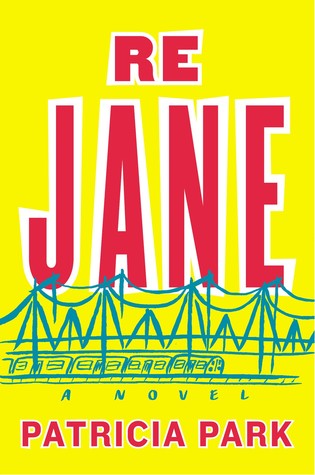
Do you remember how I always want more epilogue? As much as I’d love another few hundred pages of what Jane is up to after the close of Re Jane, I really liked the ending. This Jane’s Rochester is named Ed, and as much as I struggle with him and his wife, Beth, their challenges and blind spots are easy to see. Jane Re knows what she’s getting into with Ed in ways that Jane Eyre doesn’t, so I don’t have the same issues with Ed as with Rochester (different issues because of Ed’s aforementioned wife though). Also, Jane Re is very aware by the end of her story, both of herself and of her relationships, in ways that maybe just weren’t typically accessed 175 years ago the same way they are now.
I have just one more thing to add dear readers, a trigger warning. I confess, I only skimmed the marketing copy before reading Re Jane, but I went looking for it later, and it wasn’t there. It was on the first page, and I missed it, so I’m going to spell it out for you. This book opens in the late summer of 2000 and takes place over about two years. It’s set in New York City. That means that September 11, 2001 happens during this book. The story didn’t have to include this date in the time frame, but it does, and as someone who didn’t realize it would be a thing until the World Trade Center towers kept being mentioned. Then, I turned a page and the next chapter was titled “9/12” so at least then I knew what was coming, but barely. On the page, the events of 9/11 were experienced through brief news coverage, and then how the trauma stayed with New Yorkers. Still, as someone who has distinct memories of that day and those that followed, I want others to see this coming, too.
Remember how I said I loved Re Jane? I did, and I do. It was a fun, interesting book that featured a twist on a familiar story and was full of interesting insights into Korean culture. Even with the tap-tap-hae (“overwhelming discomfort pressing down on you physically, psychologically”) of 9/11, it was a four star read, and reader, I might read it again. Jane Re felt like such a real person, one I’d like to hang out with and get to know, that I might just get to know her a bit more.
What’s a book that was an unexpected joy to you?
~Nikki
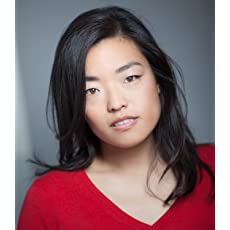
Readers, I read consumed Re Jane in two days. Patricia Park reimagined Jane Eyre and this debut novel was named Editor’s Choice by The New York Times Book Review, a Best Books of 2015 nominee by the American Library Association, and an NPR “Fresh Air” pick among other accolades. Besides writing engrossing fiction and essays, Park is assistant professor of creative writing at American University. She was raised in Queens and lives in Brooklyn and you can feel her love of NYC in every word she poured into Re Jane. Also of note about the author, is the love story of her and her husband, found here in the New York Time’s Vow’s Column. They were married in May 2019, when weddings were still allowed to be a big deal thing, but I found out more than just their match.com story from the article, like: Re Jane is in development to be a television series and Park’s parents own a supermarket in Brooklyn!
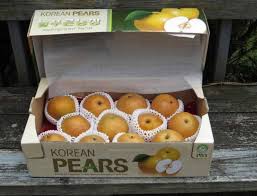
The almost 350 pages of pure Korean-American prose grabbed me from the second paragraph where Jane describes how the Korean inhabitants of Flushing, Queens, have trouble pronouncing the F sound: “The adults at church would go Hoo before they could form the word, as if cooling it off their tongue. My uncle and aunt’s rendition: Poo, Rushing. It could’ve been poetry.” Throughout the novel, the cultural descriptions are honest but not irreverent. I think the best example of cultural differences and the difficulty of having nunchi – the ability to read a situation and anticipate how you were expected to behave – is when Jane peels pears. The first time is with her aunt and uncle at their home in Flushing. They are first generation immigrants from Korea who require the pear to be peeled with the thinnest of peels removed, no white flesh should be left to waste. The second pear peeling incident is during Jane’s first morning as a nanny where she peels the pear as she was taught and is then told her new household eats the skin because that is where all the nutritional value is found, as well as the fact the pear is expensive organic produce. If you thought that the Mazer-Farleys are a slightly hippie, academically if not actually feminist, and vegan household living in Brooklyn, you, dear reader, would be right. Then, finally, when Jane is living with her family in Seoul she peels the pear again the same way she was taught and is chastised for how lumpy the fruit looks rather than how there is no flesh left on the peel. Her family states that no Korean man would want to marry a woman who didn’t know the proper way to peel a pear. By this point, Jane must realize that the proper way to peel a pear depends on a lot of factors she can not anticipate or predict from her past experience, nunchi can not always be had. Sometimes you don’t know how to act until you’ve already messed up! And that’s relatable no matter who you are or where you’re from.
I give Re Jane a very solid 4 stars, bordering on 4.5, but because I don’t see myself re-reading this title in the future I don’t want to round up to 5 stars. It is, however, THAT good and I might reconsider that decision later. I am 100% here for Park’s forthcoming novel, El Chino, about the Koreans in Argentina during the Dirty War. I have also enjoyed skimming several of Park’s online essays whose links are found on her website.
Reader, I challenge you to find a re-imagining of a favorite classic told within the confines of another culture then tell us about it!
~Ashley
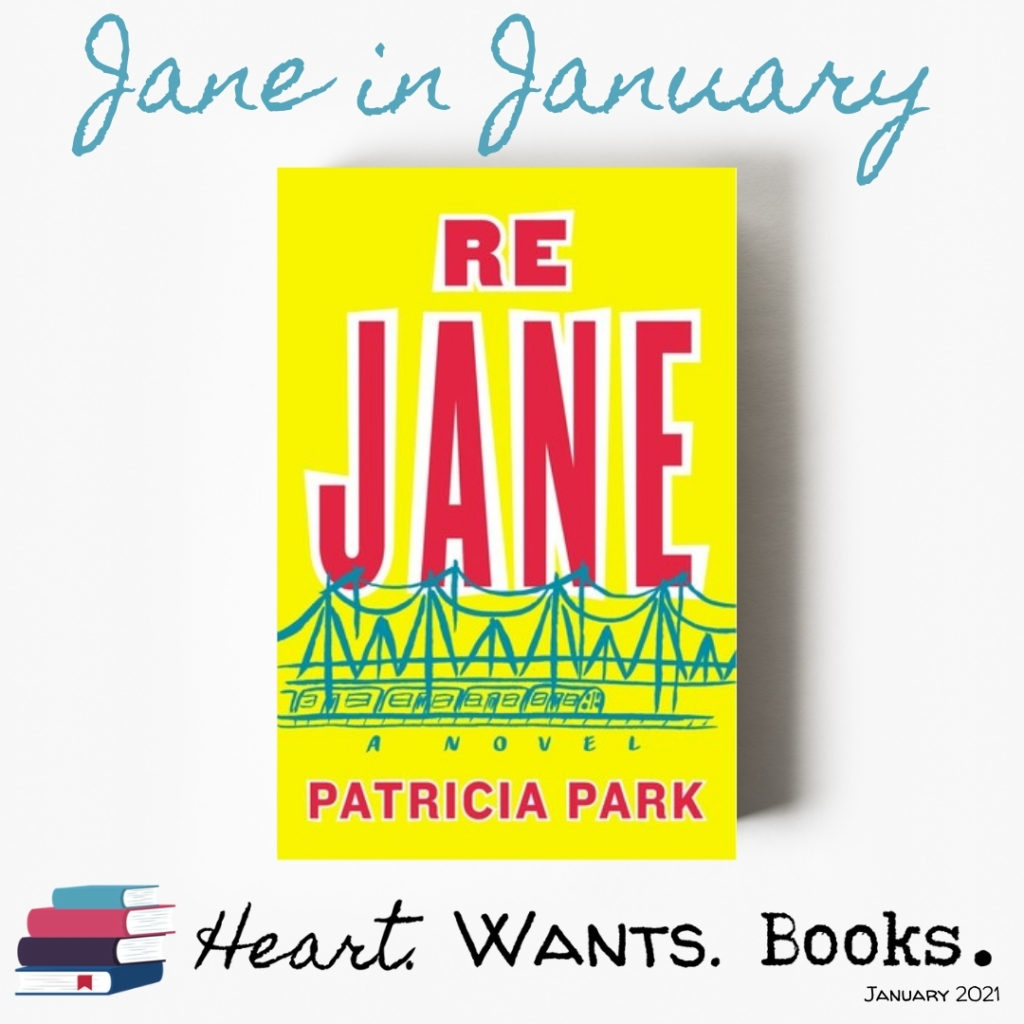
PLEASE SUPPORT US WHEN YOU SHOP BY FIRST CLICKING ON THE IMAGES BELOW:


